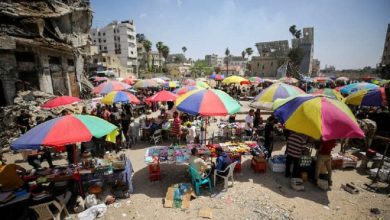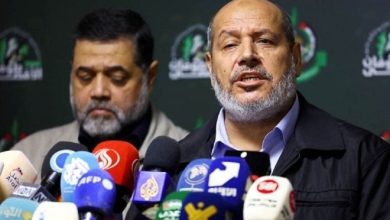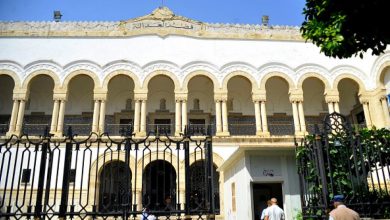Egypt Unveils Comprehensive Plan for Gaza Reconstruction: A Strategic Path Toward Palestinian Statehood
Egypt’s 10-Year Plan for Gaza's Reconstruction Faces Regional and Israeli Challenges Ahead of Key Arab Summits.
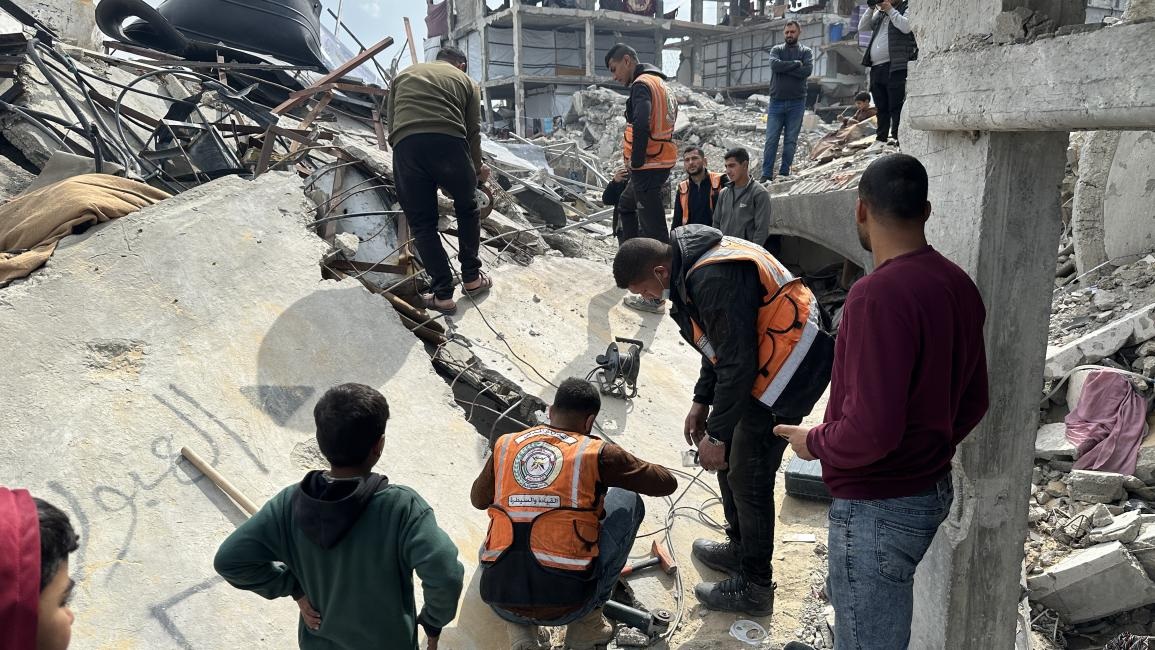
Watan-Egyptian diplomatic sources in Washington and other Arab sources at the Arab League in Cairo have revealed details about Egypt’s plan for Gaza, which will be presented to U.S. President Donald Trump after it is approved by Arab countries during the upcoming summits in Riyadh and Cairo. There is a divergence of views among key Arab powers on the general principles that should govern the details of the proposed plan.
Details of the Egyptian Plan for Gaza
According to an Egyptian diplomat in Washington, the Egyptian plan for Gaza consists of two phases. The first phase will take 10 years and is not limited to reconstruction, housing, and infrastructure projects. This phase will also include preparatory work for the second phase of the comprehensive solution to the entire issue. The proposed plan includes redistributing residential blocks in Gaza, with a focus on reducing the population density in northern Gaza and providing less populated, safe areas near settlements along the Gaza perimeter.
The preparatory work in the first phase also involves dealing with resistance weapons, taking into account the concerns of donors and funders of the reconstruction efforts, while maintaining the resistance’s right to keep its weapons until a Palestinian state is established. This includes imposing restrictions and oversight on the weapons without disarming them, and specifying certain areas for weapons storage, which would be monitored by European and Egyptian authorities.
The first phase will also involve an Arab committee, led by Egypt, to settle any disputes or violations by local security forces or armed factions. This committee will be an extension of the Egyptian-Qatari committee that monitors the return of displaced people from southern Gaza to the north, as part of the current ceasefire agreement.
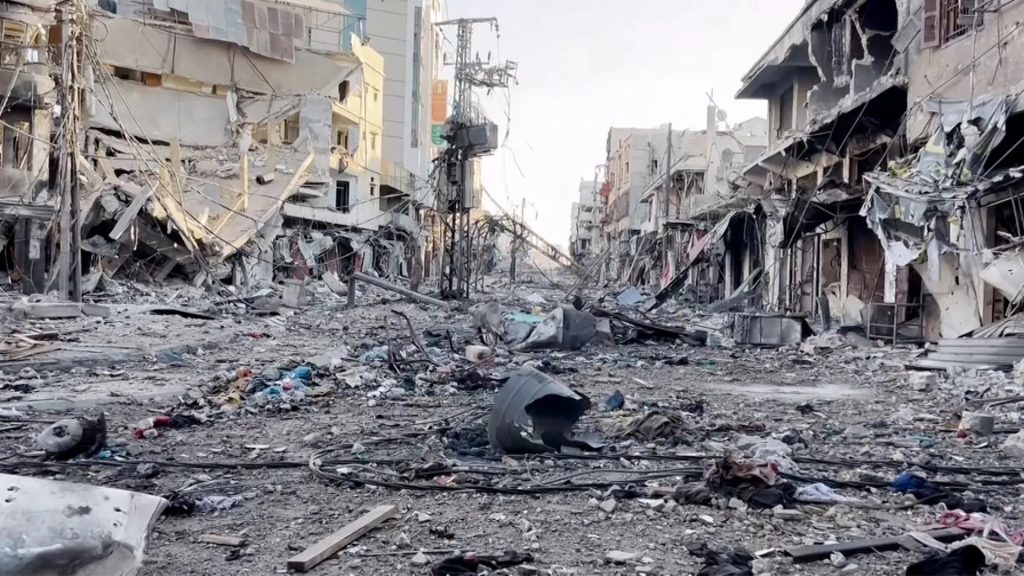
The plan also suggests that the American security company’s role will continue, but its involvement will be limited to three sites along the contact points between Gaza and three settlements. International supervision will also ensure that the sites to be rebuilt are free from resistance tunnels or military infrastructure.
As for the second phase, the Egyptian diplomat disclosed that it includes the beginning of the process for establishing a Palestinian state, including determining spatial connections between the different parts of the state, such as Gaza, the West Bank, and Jerusalem.
Criticism from Gulf Countries and Regional Differences
Meanwhile, an Arab diplomat revealed that one Gulf country recently held consultations with Israeli and U.S. officials, during which criticisms were directed at Egypt’s proposed plan, particularly concerning its stance on the migration of Gaza’s residents. Some participants in the meeting in Washington suggested that Egypt applies double standards toward Hamas, ensuring the group’s role in Gaza as a means to serve Egyptian interests, while maintaining Hamas as a thorn in Israel’s side. This could hinder any potential investment plans in the surrounding area.
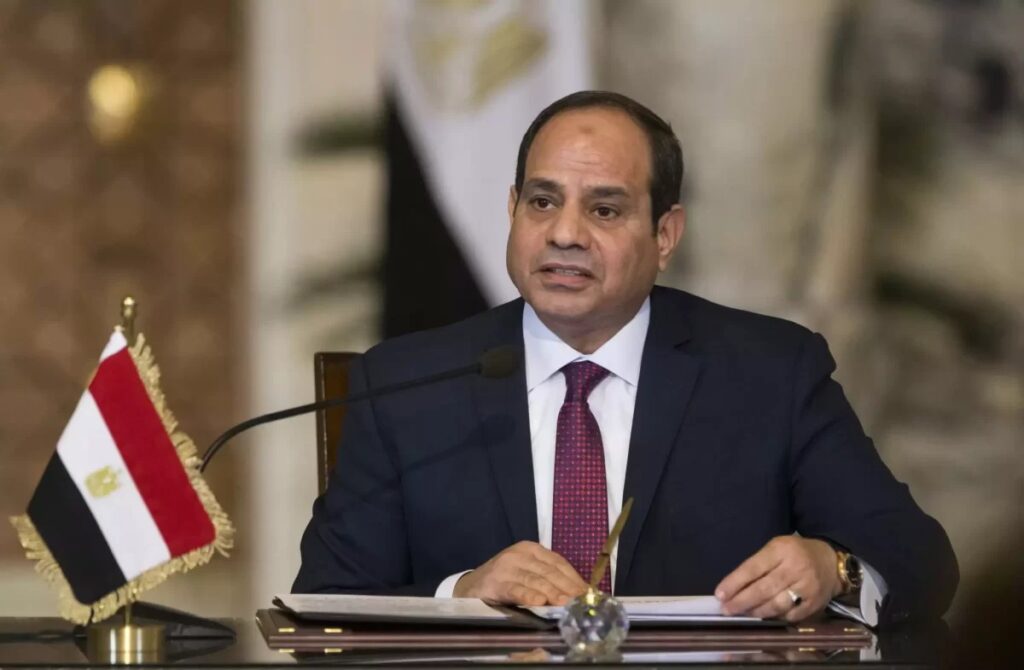
Israeli Stubbornness
Sources told Al-Arabi Al-Jadid that the Egyptian plan for Gaza‘s reconstruction, which is nearly ready to be discussed with relevant international parties, faces a major obstacle: “Israeli stubbornness.” Israel insists on overseeing the reconstruction process entirely, fearing that it could lead to a resurgence of Hamas’s power, even if the movement does not directly participate.
The Egyptian plan is based on several key elements, including rehabilitating Gaza’s infrastructure, building new housing for displaced residents, and improving public services such as electricity and water. It also proposes importing construction materials via the Rafah border crossing instead of the Kerem Shalom crossing and ensuring the security of Egyptian companies operating in Gaza through an agreement involving the Palestinian Authority and international oversight, whether by the European Union or Arab states.
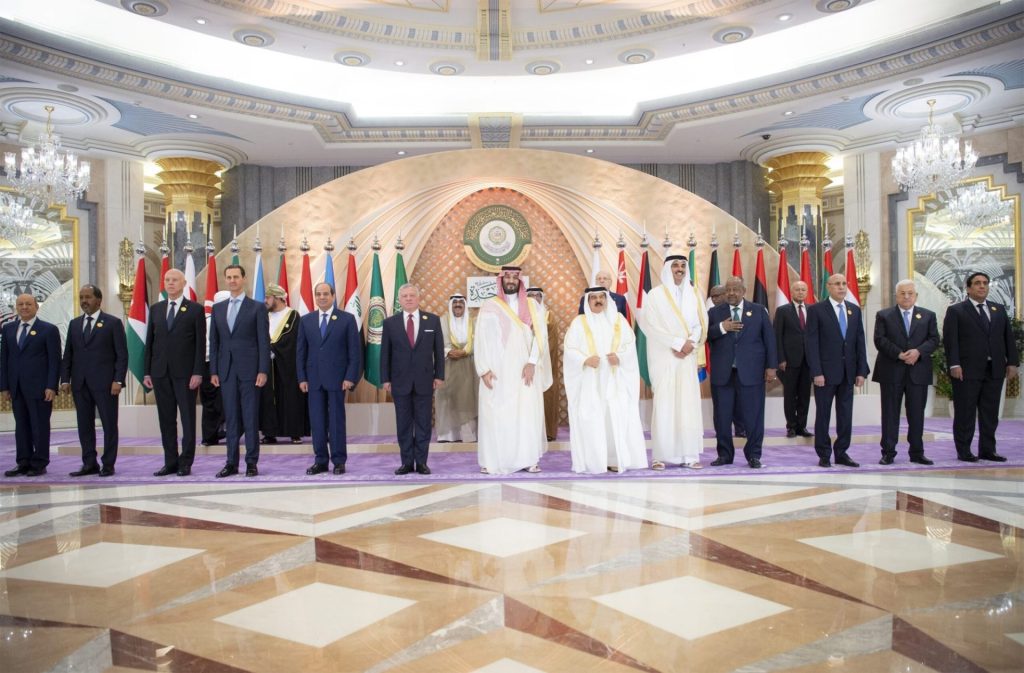
The Egyptian administration is hoping to gather Arab support for the plan that can withstand U.S. opposition and convince the U.S. to pressure Israel to accept it. This will be discussed at the upcoming Riyadh summit. Egyptian President Abdel Fattah el-Sisi has already discussed the plan with Arab and Western officials.



